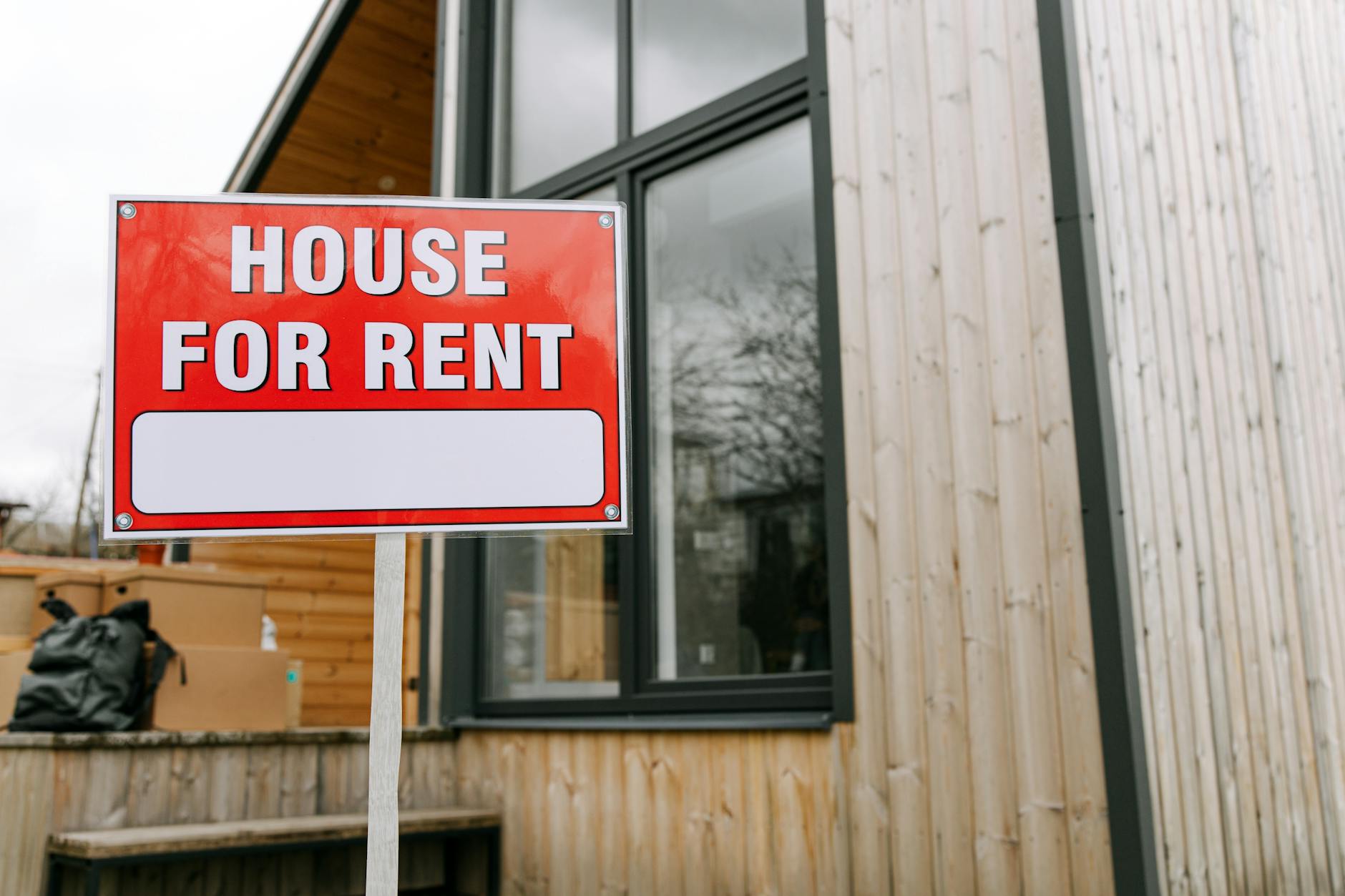The Complete Guide to Rental Property Management and Investment
The complete guide to rental property management and investment offers a comprehensive overview for both new and experienced investors seeking to maximize their returns while minimizing hassles. Rental property management is a crucial aspect of real estate investment that involves overseeing property operations, tenant relations, maintenance, and financial performance. Successful investment depends not just on purchasing the right property but also on effective management strategies that sustain long-term profitability. In this guide, we will explore key concepts such as evaluating investment properties, understanding tenant management, maintaining your property, and optimizing financial outcomes. Whether your goal is to build passive income or grow a real estate portfolio, mastering these topics will give you the foundation to make informed decisions and achieve success in rental property ownership.
Evaluating rental property investments
Before diving into property management, it’s critical to select the right investment property. This evaluation involves analyzing market trends, location quality, and financial viability. Location remains a top factor; properties near amenities, schools, and public transit tend to attract reliable tenants and appreciate more over time.
Key financial metrics include:
- Cap rate: Net operating income divided by purchase price, representing annual return before financing.
- Cash-on-cash return: Annual cash flow divided by actual cash invested, showing real profitability.
- Gross rent multiplier (GRM): Purchase price divided by annual rent, indicating relative value compared to market norms.
Consider long-term potential by assessing neighborhood developments and rental demand. Use this analysis to target properties offering steady cash flow and growth.
Tenant acquisition and relationship management
Once your property is ready, securing reliable tenants is essential. Start with a thorough screening process, including credit checks, employment verification, and rental history. Quality tenants reduce vacancy periods and minimize risks.
Establish clear lease agreements that outline rent terms, maintenance responsibilities, and rules. Transparent communication builds trust and can prevent disputes. Regular check-ins and prompt responses to tenant concerns foster loyalty and timely rent payments.
Use digital tools and platforms for rent collection and communication to streamline management and improve tenant satisfaction.
Maintenance and property upkeep
Maintaining your rental property protects its value and ensures renter safety and comfort. Develop a proactive maintenance schedule that addresses common issues like plumbing, HVAC, roofing, and pest control. Timely repairs avoid costly emergencies and tenant dissatisfaction.
Routine inspections are key to spotting potential problems early and ensuring compliance with local housing codes. Documentation of maintenance activities also helps during tax season and legal matters.
Consider building relationships with trusted contractors for efficient service and negotiated rates.
Optimizing financial performance
Effective property management extends to financial oversight. Track income and expenses carefully, ideally using property management software that generates reports for cash flow, tax deductions, and budget planning.
Strategies to boost profitability include:
- Adjusting rent strategically based on market trends but balancing affordability.
- Reducing vacancy through incentives and timely tenant retention efforts.
- Minimizing expenses by negotiating service contracts and avoiding unnecessary upgrades.
| Expense category | Typical annual cost (%) |
|---|---|
| Maintenance and repairs | 10-15% |
| Property management fees | 8-12% |
| Property taxes | 12-20% |
| Insurance | 3-5% |
| Vacancy and turnover | 5-10% |
Monitoring these costs and adjusting your strategies regularly will keep the investment profitable and sustainable.
Conclusion
Effective rental property management and investment require a strategic balance between choosing the right properties, managing tenants thoughtfully, maintaining the property proactively, and closely monitoring financial performance. A well-evaluated property forms the foundation, while strong tenant relationships and disciplined upkeep protect your asset and income stream. Financial vigilance enables you to adjust quickly to market changes and maximize returns. By integrating these elements, investors can build a steady, scalable portfolio that generates reliable cash flow and long-term equity growth. This comprehensive approach transforms rental property ownership from a passive risk to an active wealth-building opportunity, empowering investors to meet their financial goals with confidence and control.
Image by: Ivan Samkov
https://www.pexels.com/@ivan-samkov
editor's pick
latest video
news via inbox
Nulla turp dis cursus. Integer liberos euismod pretium faucibua

